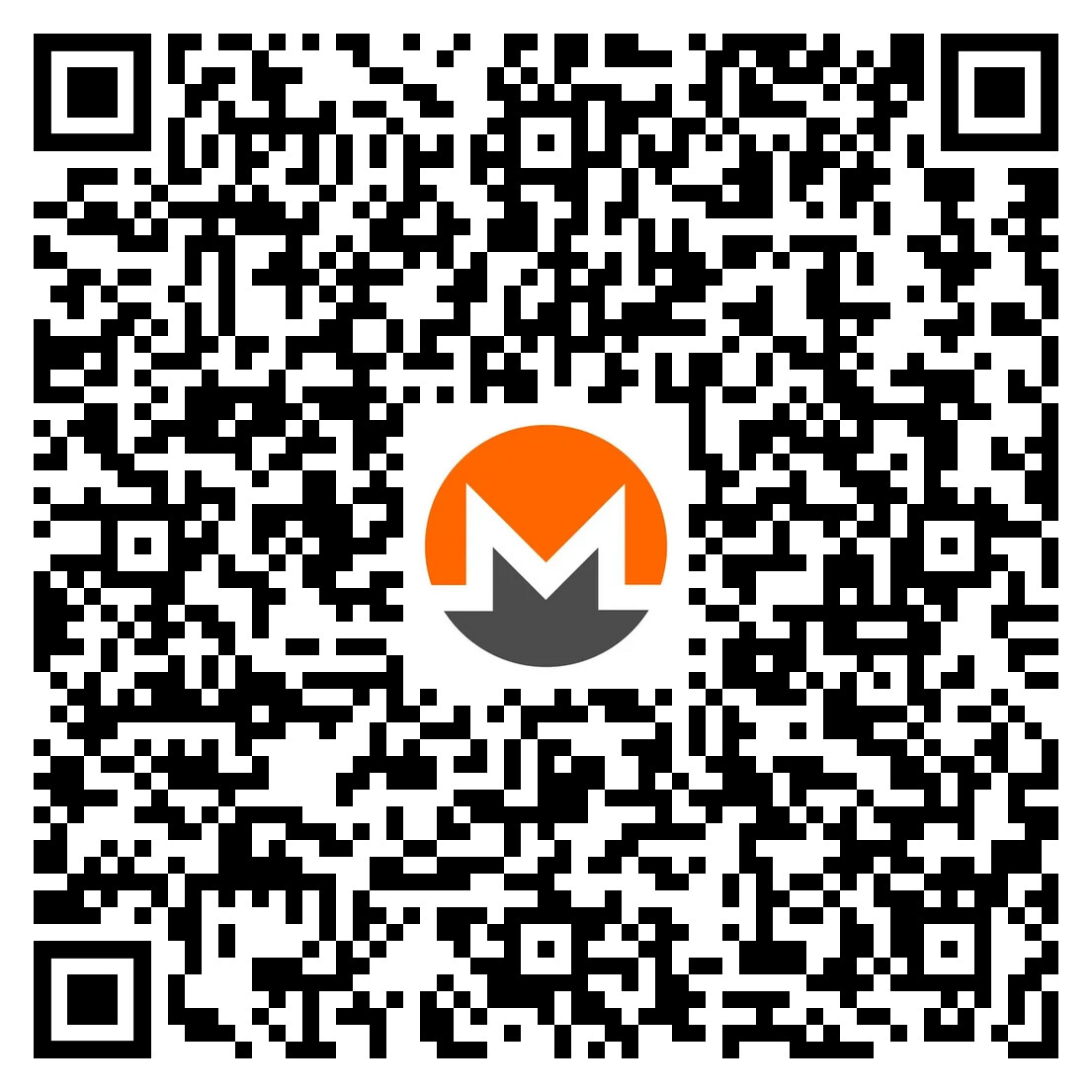Comprehensive List of Cyber Law Enforcement Takedowns and Arrests (2016-2026). Every entry here is tied to an official agency action in the United States, United Kingdom, European Union, or Canada and documents either an arrest or the physical dismantling of criminal infrastructure.
The list deliberately excludes policy speeches, hearings, or settlements so investigators and privacy advocates can focus on verifiable operations: botnet seizures, ransomware infiltrations, darknet marketplace takedowns, and export-control prosecutions.
International operations are grouped under the lead jurisdiction so readers can drill into the right dossier when our US, UK, and EU subpages launch. Use the filters below as a quick legend.

